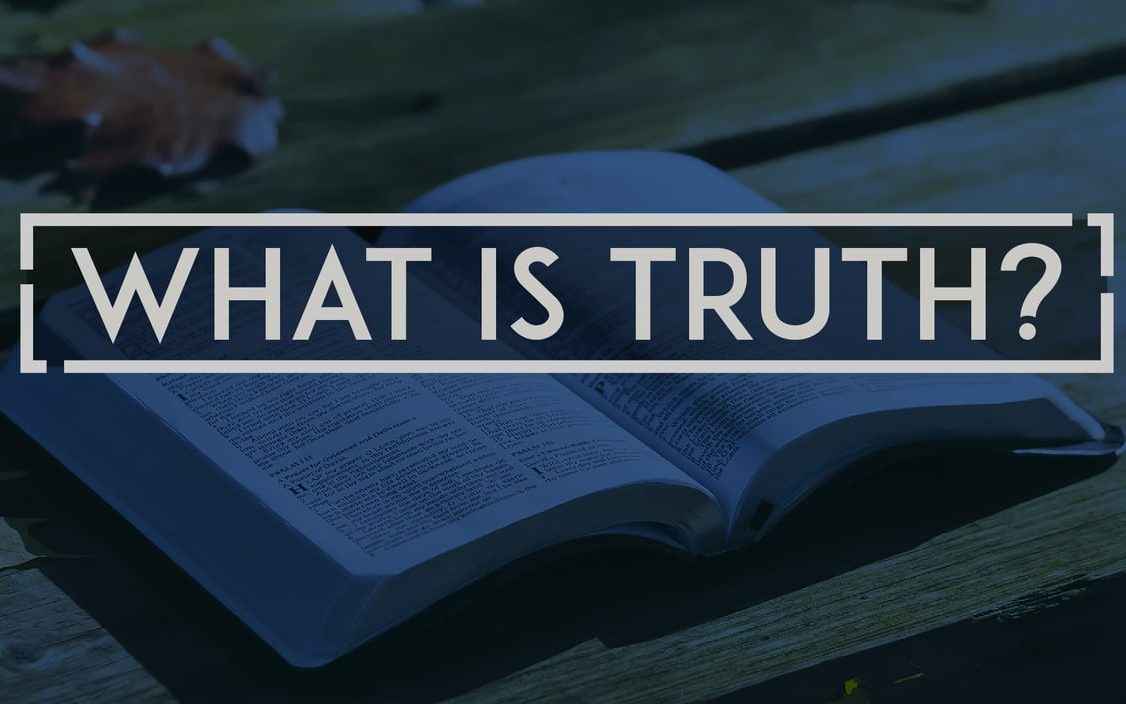This post has a comprehensive coverage of:
Table of contents
- Subjective versus objective truth
- The meaning and definition of truth through specific theories
- Truth in different AOKs
- Relevant knowledge questions (KQs) on truth
- Discussion of a KQ on truth through the knowledge framework-scope, perspectives, methods and tools, ethics
- Classroom activities on the TOK concept truth
- How truth can be used in discussing AOKs in TOK essay
- How truth can be used to justify the inclusion for an object in TOK exhibition
Have you heard of subjective and objective truth?
The distinction between subjective and objective truth is important in many areas, including science, ethics, art, and religion. In the context of the Theory of Knowledge (TOK) in the International Baccalaureate (IB) curriculum, exploring the differences between subjective and objective truths can lead to rich discussions about the nature of knowledge, how we come to understand the world, and the limitations of our understanding.
Understanding these concepts helps students appreciate the complexity of knowledge and the importance of considering different perspectives when evaluating information and forming judgments.
Objective Truth: This refers to the idea that truth is independent of human thoughts and perspectives. An objective truth is something that is true regardless of individual beliefs, feelings, or perceptions. It’s based on facts and often verifiable through evidence. For example, scientific truths, such as the Earth orbiting the Sun, are considered objective because they can be tested and verified regardless of individual beliefs or opinions.
Subjective Truth: In contrast, subjective truth is dependent on individual beliefs, feelings, and experiences. It varies from person to person and is often associated with personal experiences, perceptions, or interpretations. Subjective truths are not universally applicable; what is true for one individual may not be true for another. For example, personal interpretations of a piece of art or moral judgments can be seen as subjective truths because they are based on individual feelings and perspectives.
In the context of Theory of Knowledge (TOK) in the International Baccalaureate (IB) curriculum, “truth” is a complex and multifaceted concept that invites deep exploration and critical analysis. Understanding truth in TOK involves considering various perspectives and interpretations. Here’s a more detailed exploration:
Definition and Nature of Truth:
- Correspondence Theory: This is a traditional view where truth is seen as a correspondence between knowledge or belief and the actual state of affairs. In simple terms, a statement is true if it accurately describes the way the world is.
- Coherence Theory: Here, truth is understood in terms of the internal consistency of a system of beliefs. A statement is true if it coherently fits within a larger, consistent set of beliefs.
- Pragmatic Theory: This theory suggests that truth is determined by the practical consequences of a belief or statement. If a belief works or is useful, it is regarded as true.
- Subjective Truth: This perspective acknowledges that individual experiences and perceptions can shape one’s understanding of truth, making it potentially different for different people.
Implications in Various Areas of Knowledge:
- In Natural Sciences, truth often aligns with empirical evidence and reproducible results.
- In Human Sciences, truth might be more relative, influenced by cultural and social contexts.
- In Mathematics, truth is usually seen in terms of logical consistency within a given axiomatic system.
- In The Arts, truth might be subjective and closely tied to individual interpretation and emotional resonance.
TOK Exploration of Truth: Knowledge Questions
- Knowledge Questions: TOK encourages students to ask knowledge questions about truth, such as “Can we ever know the truth for certain?” or “How does the concept of truth vary across different areas of knowledge?”
- Critical Thinking: Students are encouraged to critically analyze and evaluate different theories of truth and how they apply in various contexts.
- Perspectives and Biases: Exploring how personal, cultural, and disciplinary biases influence one’s perception of truth.
- Ethical Considerations: The exploration of truth in TOK is not just an intellectual exercise but also involves ethical considerations, such as the responsibility of presenting truthful information and the consequences of believing or spreading falsehoods.
“Can we ever know the truth for certain?” is a quintessential Knowledge Question (KQ) in Theory of Knowledge (TOK) that prompts exploration across various dimensions of the knowledge framework – scope, perspectives, methods and tools, and ethics. Let’s delve into each of these aspects:
Scope
- Range of Truth: The scope of truth varies across different Areas of Knowledge (AOKs). In mathematics, truth might be seen as more absolute due to its reliance on logical proof. However, in the human sciences or the arts, truth is often more subjective and open to interpretation.
- Certainty and Doubt: Understanding the scope of truth involves recognizing the balance between certainty and doubt. While some truths may seem universally accepted (like basic scientific laws), others are more prone to skepticism and change (like historical interpretations).
The scope of truth in this KQ can be well understood through the TED talk “How we can protect truth in the age of misinformation” by Sinan Aral. This talk delves into the challenges of discerning truth in the modern world, particularly in the context of widespread misinformation. It can provide valuable insights into how the concept of truth varies and is influenced by different factors, aligning well with the TOK exploration of truth in various areas of knowledge.
Perspectives
- Cultural Influences: Different cultures may have varying beliefs about what constitutes truth. For example, Indigenous knowledge systems might emphasize a more holistic understanding of truth, contrasting with the compartmentalized approach in Western sciences.
- Personal Biases: An individual’s background, experiences, and beliefs can shape their perception of truth. Recognizing these subjective lenses is vital in evaluating the certainty of knowledge claims.
These TED talks can provide a deeper understanding of how cultural backgrounds and personal experiences shape our perspectives of truth and knowledge.






